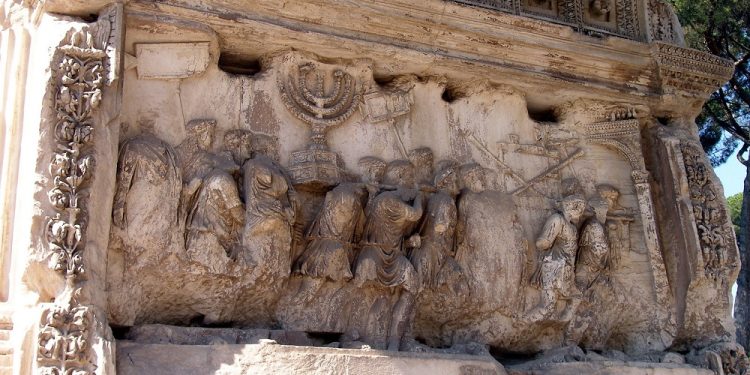
Asarah B’Tevet
Asarah B’Tevet, also known as the Tenth of Tevet, is a day that is observed with fasting, repentance, and mourning. It occurs on the tenth day of the Hebrew month of Tevet, and it is one of the minor fasts that is observed from before dawn and continuing until nightfall. The purpose of this fast day is to mourn the siege of Jerusalem by Nebuchadnezzar II of Babylonia. This event led to the destruction of Solomon’s Temple and the eventual defeat and invasion of the Kingdom of Judah. Although this holiday is not related to traditional Hanukkah celebrations, it follows it by either 7 days or 8 days, depending on whether the previous month of Kislev had 29 or 30 days.
The History of Asarah B’Tevet
According to 2 Kings Chapter 25, the king of Babylon, Nebuchadnezzar, and his army came against Jerusalem and encamped around it on the tenth day of the tenth month. This began the siege of Jerusalem. On the 17th of Tammuz, eighteen months later, he broke through the city’s walls, and on Tisha B’Av (9th day of Av), Solomon’s Temple was destroyed.
Since this fast day is often observed with the two preceding fast days, which memorialize different tragedies and catastrophes that marked the beginning of the end of the first Batei HaMikdash, we’re also going to discuss the 8th of Teves and the 9th of Teves.
The 8th of Teves is when King Ptolemy II forced 72 Jewish sages to translate the Torah into Greek. This is described as the darkness that descended on the world for three days because it gave the uneducated masses the ability to possess a superficial understanding of the divine Torah, as well as an imperfect interpretation of what is described as true morality.
The 9th of Teves is observed as a fast day for unknown reasons. Some sources say that this is when Ezra the Scribe, the leader who brought some Jews back to the Holy Land from their exile in Babylon and ushered in the era of the Second Temple, died. Other sources cite the passings of Rav Yosef Hanaggid or Shimon Hakalpus as reasons for why this fast day is observed.
The Observance of Asarah B’Tevet
This fast day begins at dawn and concludes at nightfall and follows the rules of minor fasts that are in the Shulchan Aruch—known as the Code of Jewish Law in English. Fasting during the period of time indicated is the only requirement of this fast day. Since this is a minor fast day, some people may be exempt from fasting. These include people who are ill or women who are pregnant or nursing.
In some communities, the Aneinu prayer, the Avinu Malkeinu prayer, and a Torah reading are added at both Shacharit and Mincha services—unless, of course, the fast day falls on a Friday when Tachanun and Avinu Malkeinu prayers are not said during Mincha services.








